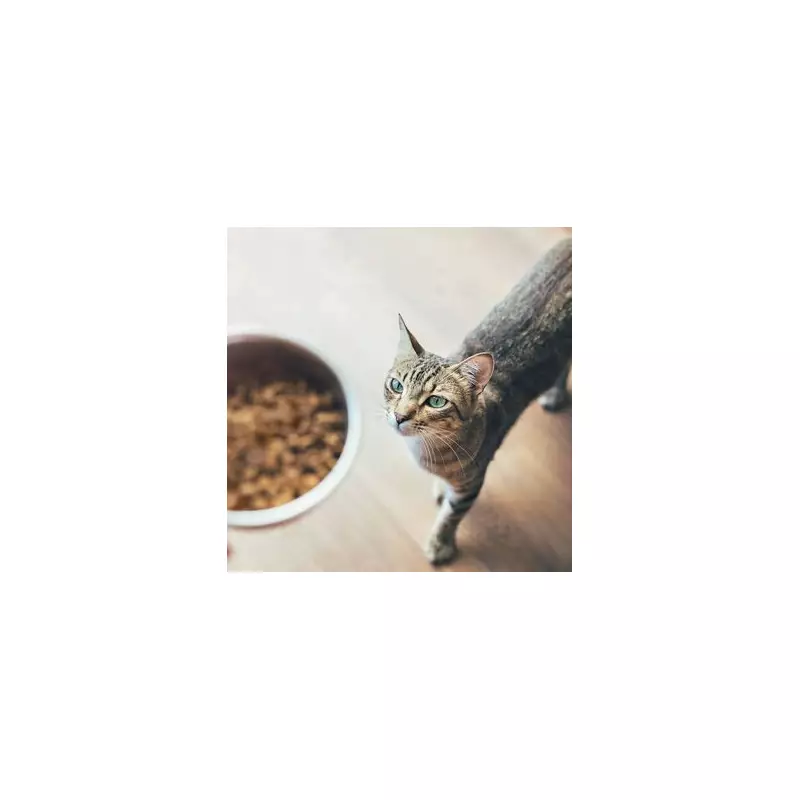
A veterinary professional from Suffolk has issued a surprising warning about common cat products that many owners buy without thinking, revealing which items she would personally avoid for her own feline companions.
The Shopping Trip That Sparked Concern
Dr Charlie Lloyd, a practising vet at Christchurch Veterinary Surgery in Ipswich, made her revelations while shopping in popular discount store B&M. She filmed her concerns about everyday pet products that many cat owners purchase with good intentions, but which might actually compromise their pets' health and happiness.
"If you have a cat, you likely treat them like royalty," Dr Lloyd acknowledged, understanding that most owners want their pets to live long, happy lives filled with comfort and entertainment.
Products That Made The 'Avoid' List
First on Dr Lloyd's list of products to reconsider was litter tray deodoriser. "No, thank you, this will make your cat not want to go in its tray," she warned firmly. Instead of using scented products, she recommends simply changing your cat's litter more frequently.
The RSPCA supports this approach, suggesting that cat owners should "ideally spot-clean your cat's litter tray every day and replace the litter at least once a week." They emphasise that strong scents from cleaning products or scented litter may deter cats from using their trays altogether.
Next, Dr Lloyd cautioned against "lactose-reduced" cat milk, explaining that it could still cause digestive issues for feline companions despite the reduced lactose content.
Flea and tick collars also made her avoidance list, with the vet stating they offer little protection beyond functioning as a regular collar. She particularly warned against using spot-on flea treatments purchased outside veterinary practices, suggesting they're "probably not going to work" effectively.
Common Products That Annoy Cats
Dr Lloyd also highlighted combined food and drink bowl sets as problematic. "Cats hate it when their food and drink are next to each other like this," she explained, adding that plastic bowls can exacerbate feline acne issues.
Crystal cat litter completed her list of products to avoid. She noted that "cats hate the feel of it on their feet" and criticised its poor urine absorption capabilities.
However, not all cat owners agreed with her assessment of combined food bowls. One commenter shared: "My cat has an Alessi cat bowl and the food is next to the water. She's 17 and never once complained." Another added: "My cats love when their drink and food are next to each other, so not every cat is the same."
Expert Insights On Feline Preferences
Iryna Smyrnova, a Veterinarian at Meowoff, provided scientific context for why some cats dislike combined bowls. "In the wild, cats are predators and careful eaters," she explained, noting that their instincts tell them to keep water separate from food sources to prevent contamination.
Regarding silica crystal litter, Smyrnova warned that "silica crystals can be very sharp on the microscopic level" and might cause paw pad irritation, especially in heavier cats or older felines with arthritis. She also highlighted dust concerns that could worsen respiratory conditions in asthmatic cats.
Instead, she recommends "softer, biodegradable materials such as paper, corn, or finely milled clay, which are much easier on paws and a lot less harmful to sensitive airways."
In response to the claims, a spokesperson for B&M stated: "We take the quality and safety of our pet products very seriously." They confirmed their cat milk meets all UK and EU standards and noted they'd received no customer complaints related to Dr Lloyd's claims.
The veterinary professional emphasised that concerned pet owners should always consult their own vets for personalised advice about products affecting their cats' health and wellbeing.





